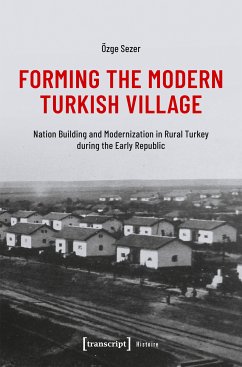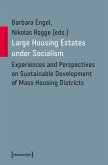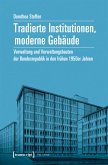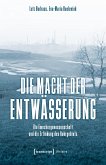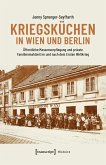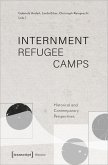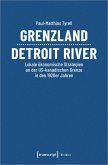During the early republican period, architectural interventions in rural Turkey took the form of social engineering as part of the state's modernization and nationalization policies. Özge Sezer demonstrates how the state's particular programs had a powerful effect on rural life in the countryside. She examines the regime's goals and strategies for controlling the rural people through development projects and demographic shaping to create a strong Turkish identity and a loyal citizenry. The book outlines the implementation of new rural settlements, particularly following the 1934 Settlement Law, with a geographic focus on two cities - Izmir and Elazig - with varied socio-economic and ethnic standing in the state program.
Dieser Download kann aus rechtlichen Gründen nur mit Rechnungsadresse in A, D ausgeliefert werden.
»Sezers work is an important new element to understand the practices behind the Kemalist Turkification project. It adds to the understanding of how an intellectual village discourse transformed the countryside and how the organization of village and housing spaces interacted not only with sociological ideas but also with racist ideologies.«
Heinrich Hartmann, Technology & Culture, 65 (2024) 20240101
Heinrich Hartmann, Technology & Culture, 65 (2024) 20240101

